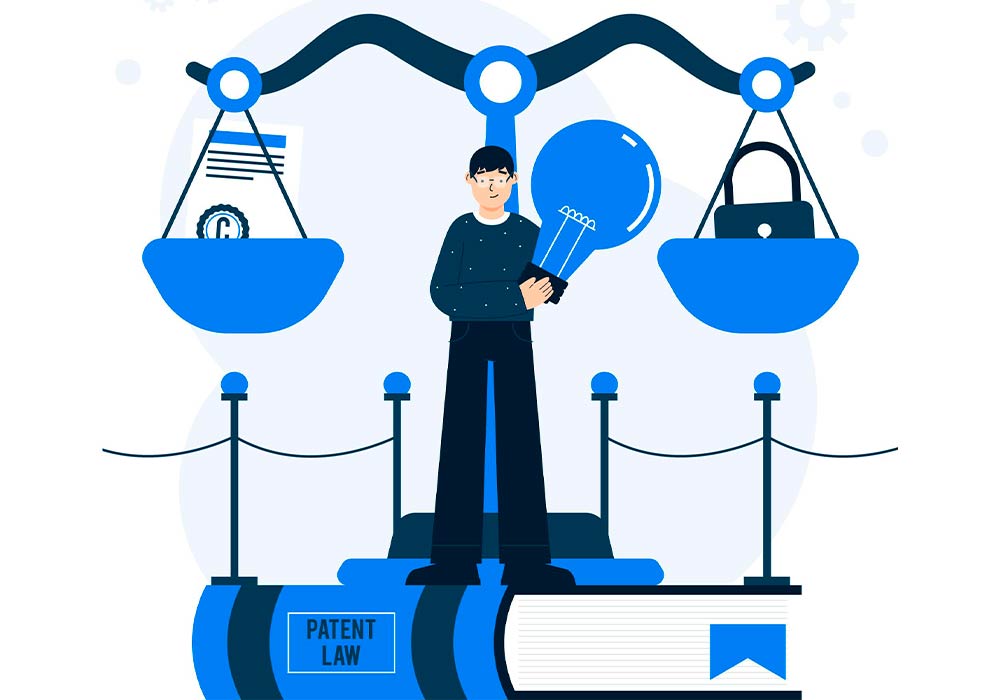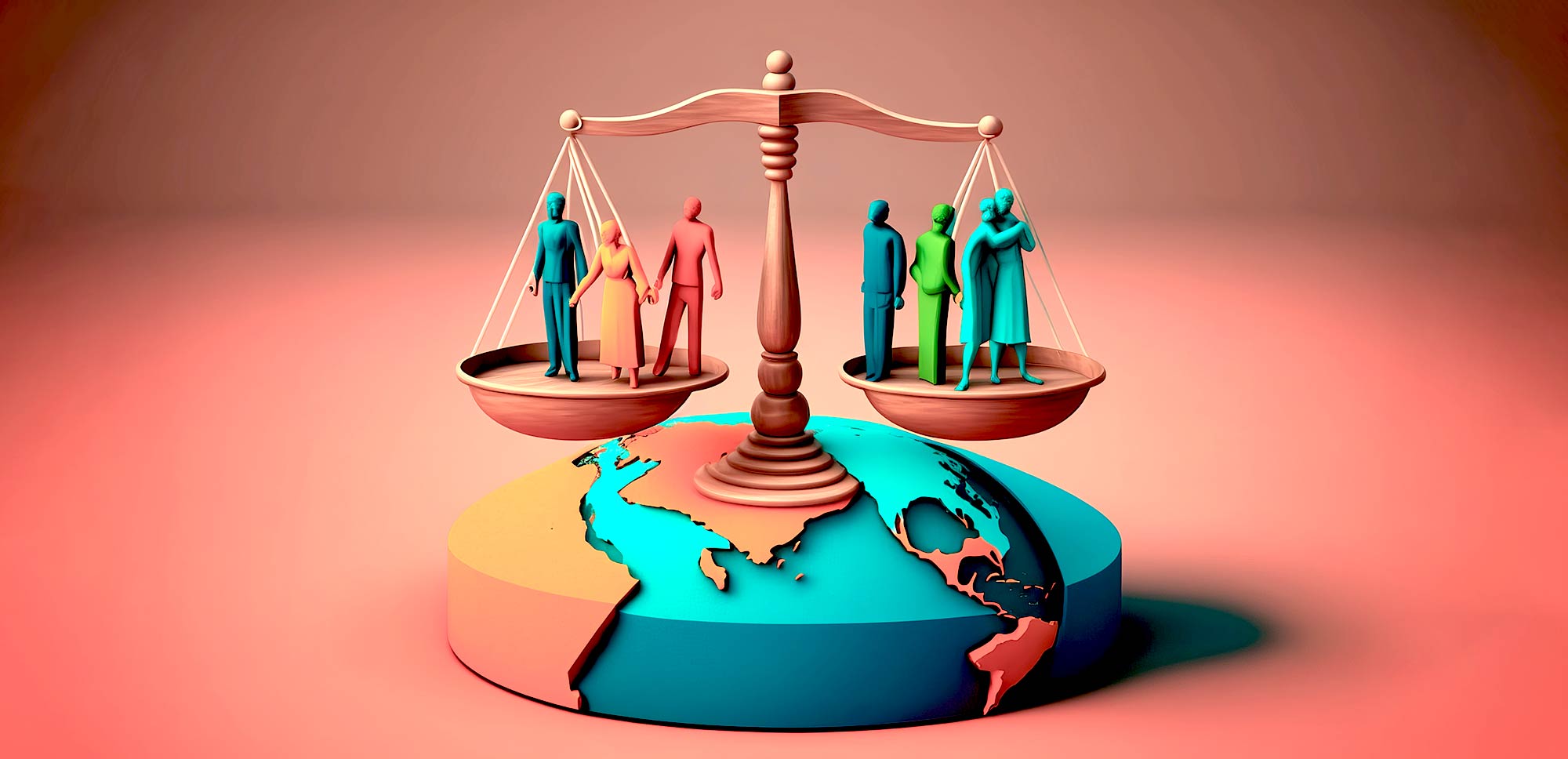Max H. Bazerman, a professor at Harvard Business School, discusses some of them in his book, Complicit: How We Enable the Unethical and How to Stop. A work on the disturbing, widespread human tendency to be immobile in the face of reprehensible cases.
What will I read about in this article?
- What is work ethics?
- Passive profiling in the face of misconduct
- Tips for avoiding inaction in the face of misconduct
What is work ethics?
Ethics is a branch of philosophy that examines and reflects on the moral principles that govern human behaviour in society. This field of knowledge is concerned with discerning what is right and wrong, just and unjust, and with establishing criteria for evaluating our actions and decisions.
As an intellectual discipline, ethics seeks to provide a sound and coherent basis for moral decision-making, based on universal norms that transcend cultural and temporal differences, thus enabling harmonious and respectful coexistence among people to flourish.

In this sense, work ethics is the set of principles and values that guide us in our interactions and decisions at work. Honesty, respect and responsibility are just some of the core values that comprise it. By adhering to these principles, we contribute to creating a positive work environment and building a strong and respectable reputation for ourselves and our organisation.
“Work ethics is the set of principles and values that guide us in our work interactions and decisions”.
Silence as an accomplice to misconduct in the workplace
When we talk about work ethics, very specific cases may come to mind in which a person has acted badly, cheated or even committed a crime while being aware of what he or she was doing. But misconduct in the workplace does not limit to those who do the action, it is also a concept that concerns accomplices, insiders, and even people who may just perceive the misconduct of an action.
We’re all complicit, often unconsciously, says Bazerman. He gives as an example that our “ordinary complicity” might be to continue working for a company that we believe is destroying the environment. The problem is that if we choose to overlook bad behaviour, we lose the opportunity to make the world a better place.
Apart from witnesses who remain silent or choose to overlook misconduct, Bazerman describes two groups of explicit accomplices. The “true partners” are those who have objectives aligned with the unethical values of the conscious wrongdoer. That is, they share interests with those responsible for the action.
The “collaborators”, on the other hand, accept this lack of morality because they’ve something to gain, even if they don’t share the vision of the perpetrator at all. They’re aware that the situation is immoral and they themselves would never carry out such a thing, but they don’t give away what’s happening either because they prefer things to remain as they are.

Avoiding complicity in work-related misconduct
It’s not always easy to be on the good side of history. No doubt, sometimes it is more comfortable not to take sides or speak out, to look the other way. But Bazerman shares some tips that can help us avoid being complicit in situations where misconduct at work is blatant.
- Encourage open and risk-free communication where no one suffers reprisals for reporting possible malpractice within the organisation.
- Analyse the organisational culture: according to the author, bad behaviour rarely comes from a single source, but from how the system is organised. What behaviours does the company encourage? Do these decisions correspond to the values of the organisational culture? Has it become customary behaviour over time?
- Widen the circle of decision-makers: the more people involved in making a decision, the more ethical the actions tend to be. In this sense, the author also recommends increasing diversity to add more voices and perspectives.
In conclusion, work ethics is a fundamental pillar in the sustainable and successful development of any organisation. Fostering a work environment based on respect, integrity and responsibility not only contributes to the well-being of employees, but also strengthens the organisation’s reputation, image, trust, appeal and competitiveness in the global marketplace.
Ultimately, building an ethical organisational culture is a long-term investment that will yield both tangible and intangible benefits, and whose impact will transcend the boundaries of the company, positively influencing society as a whole.
Sources:


